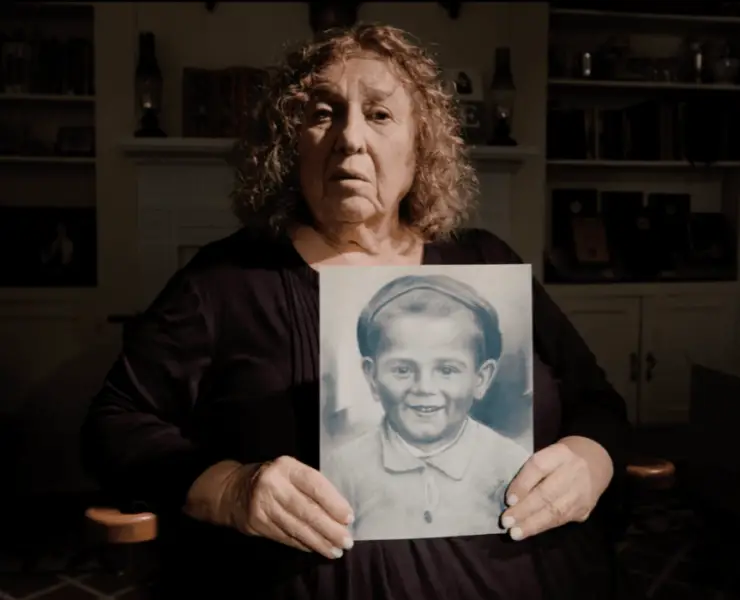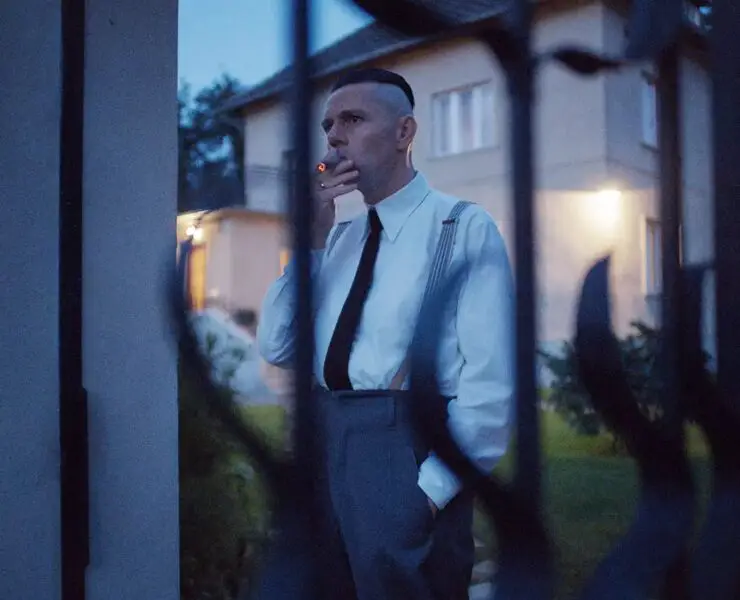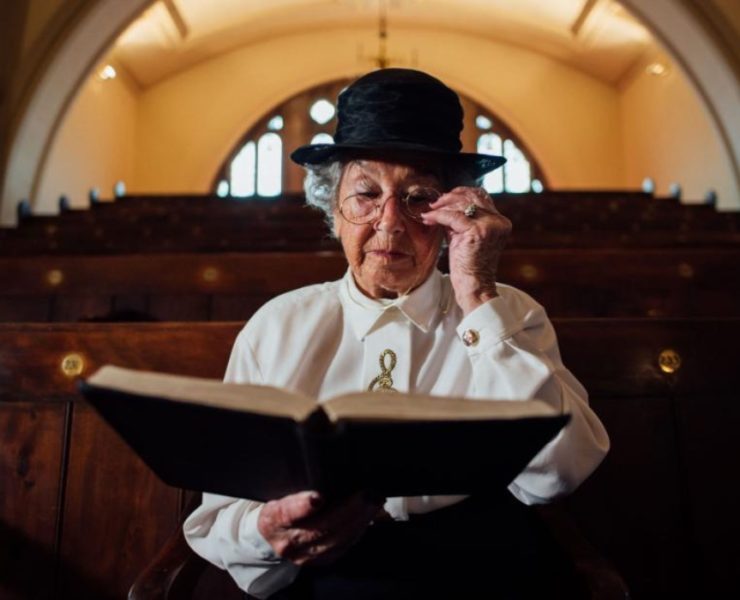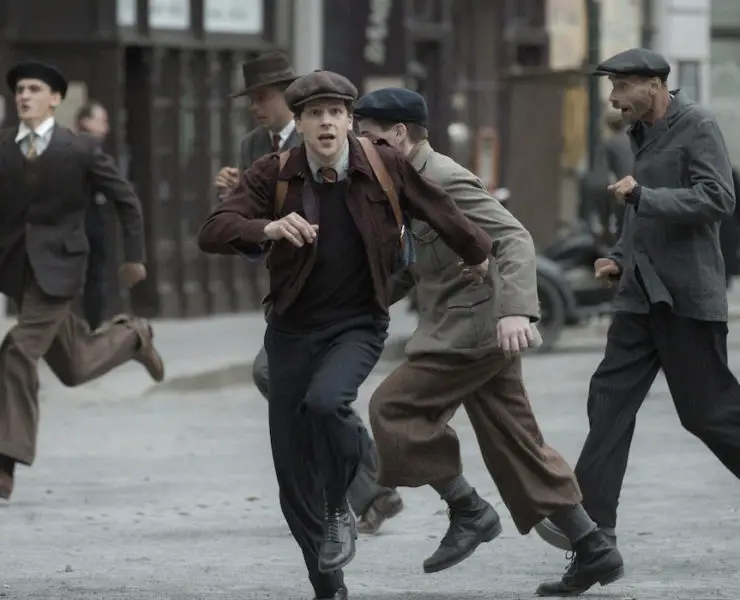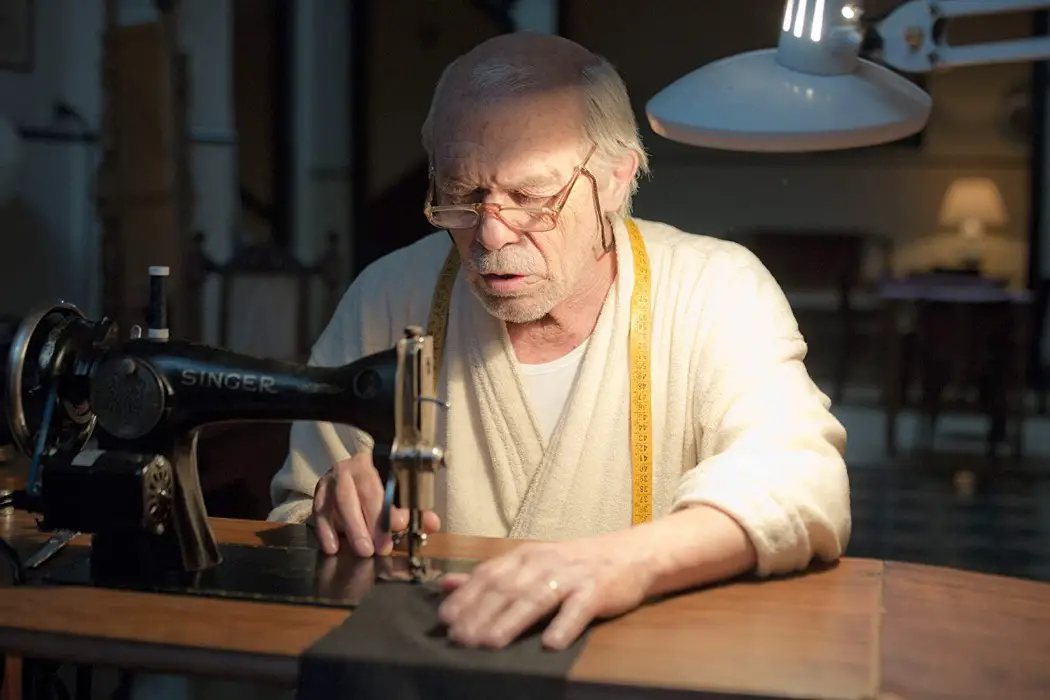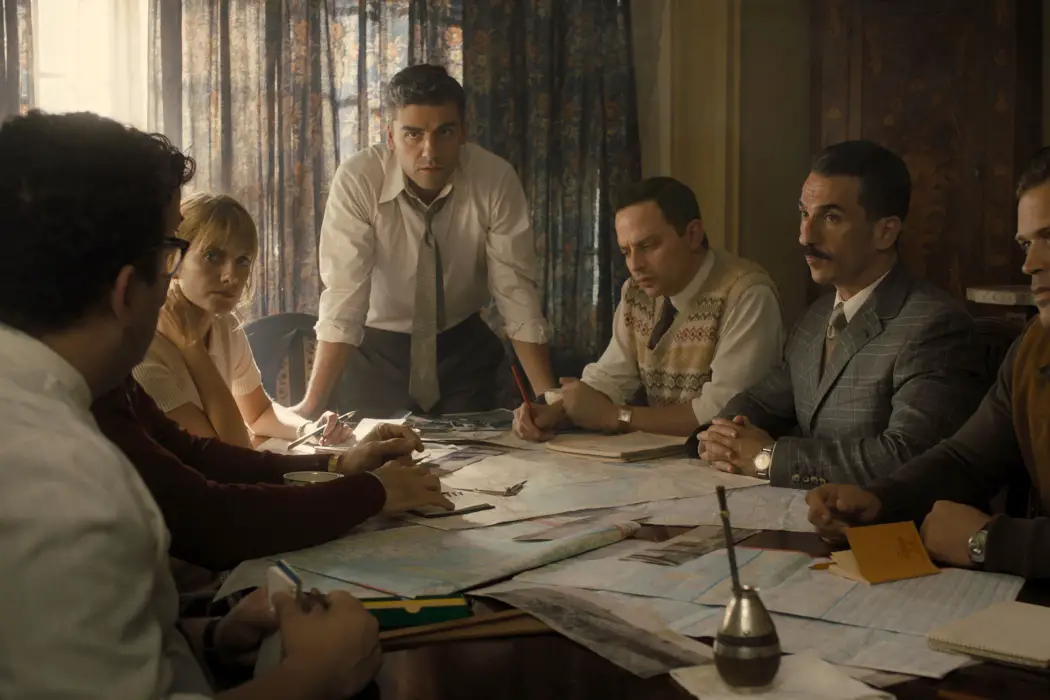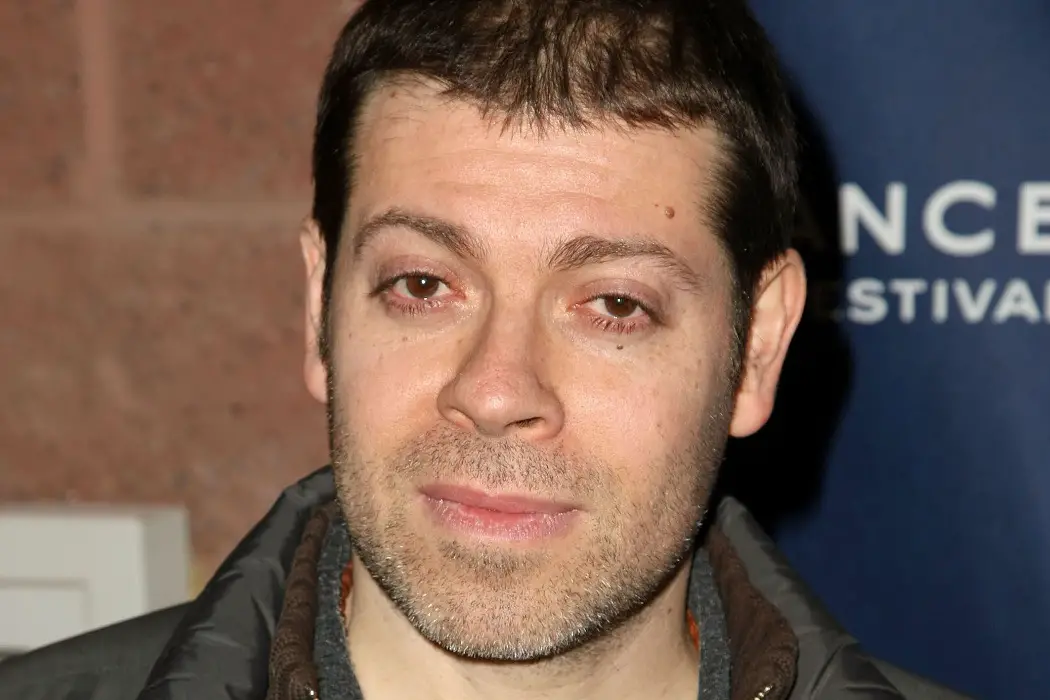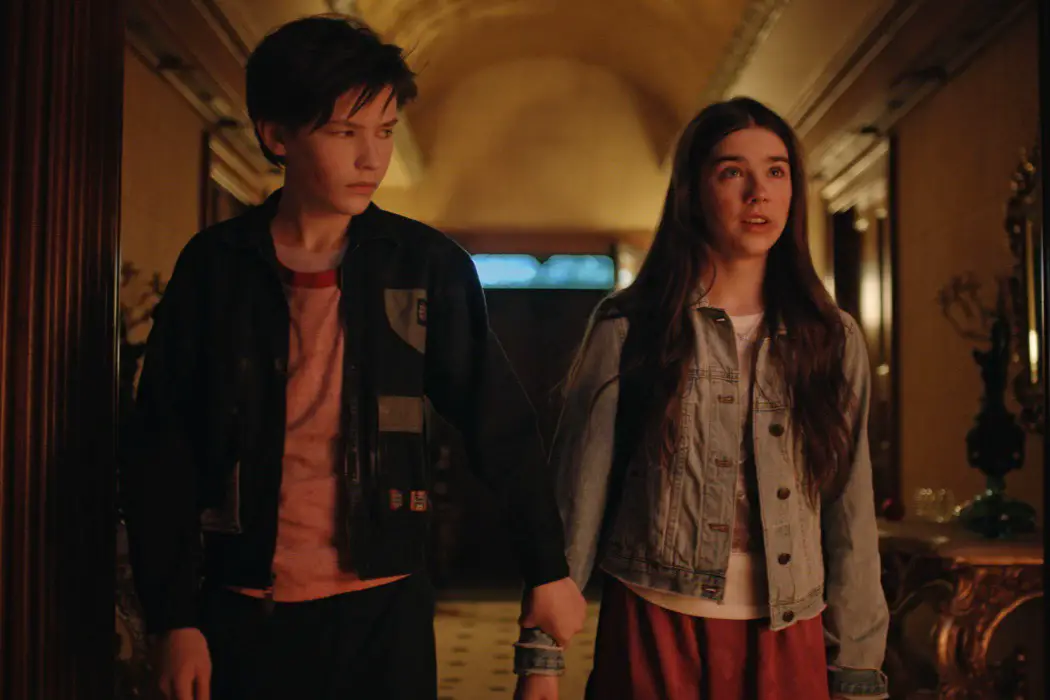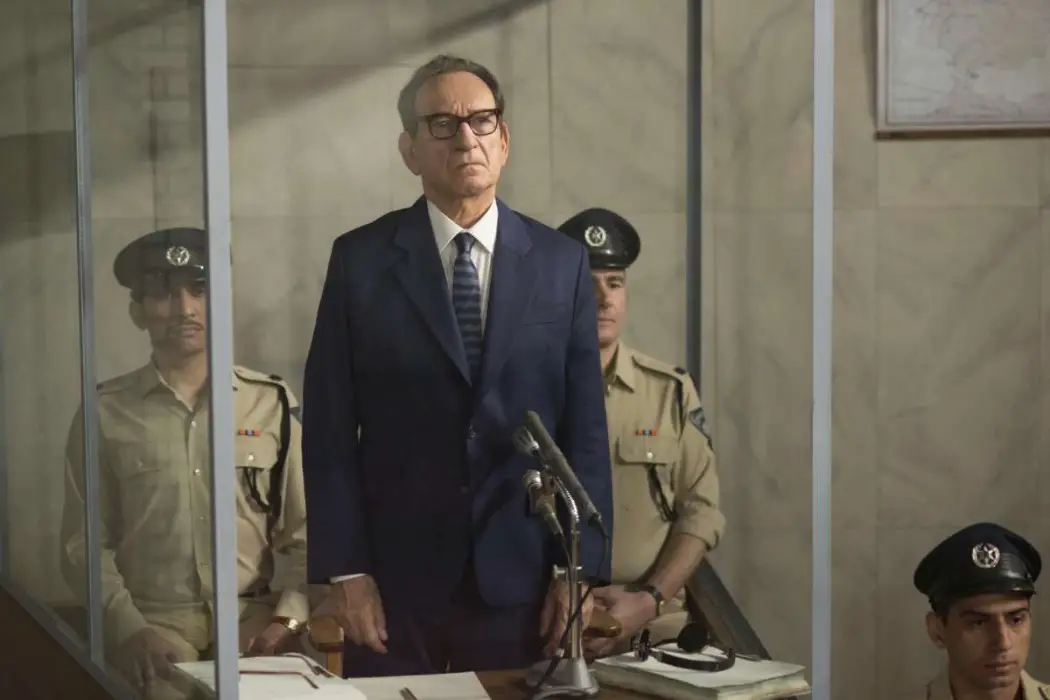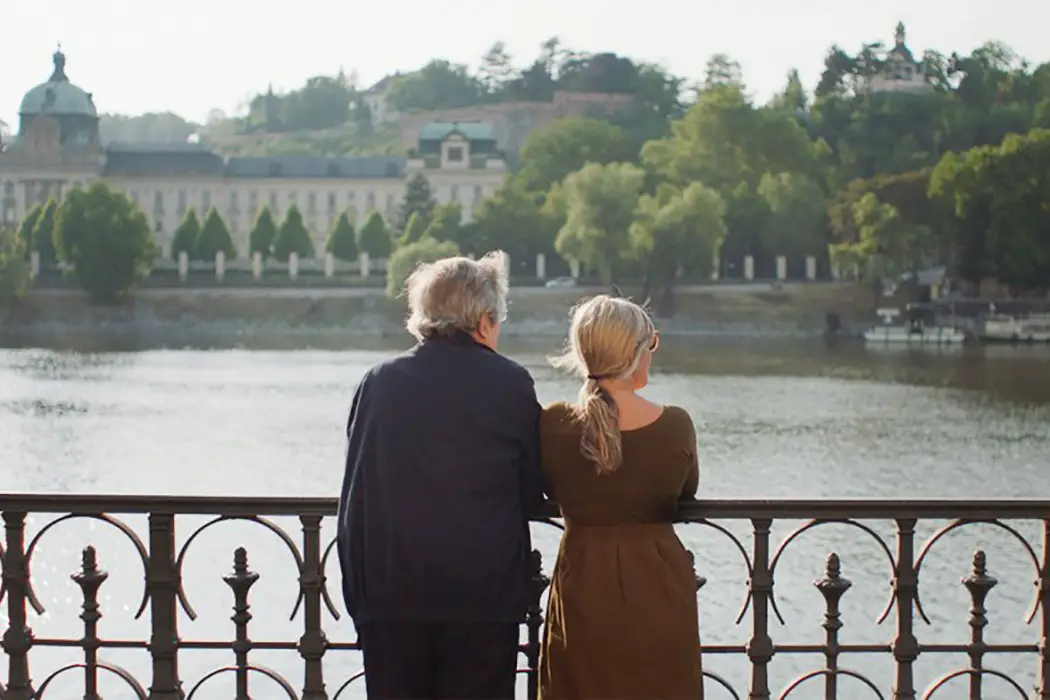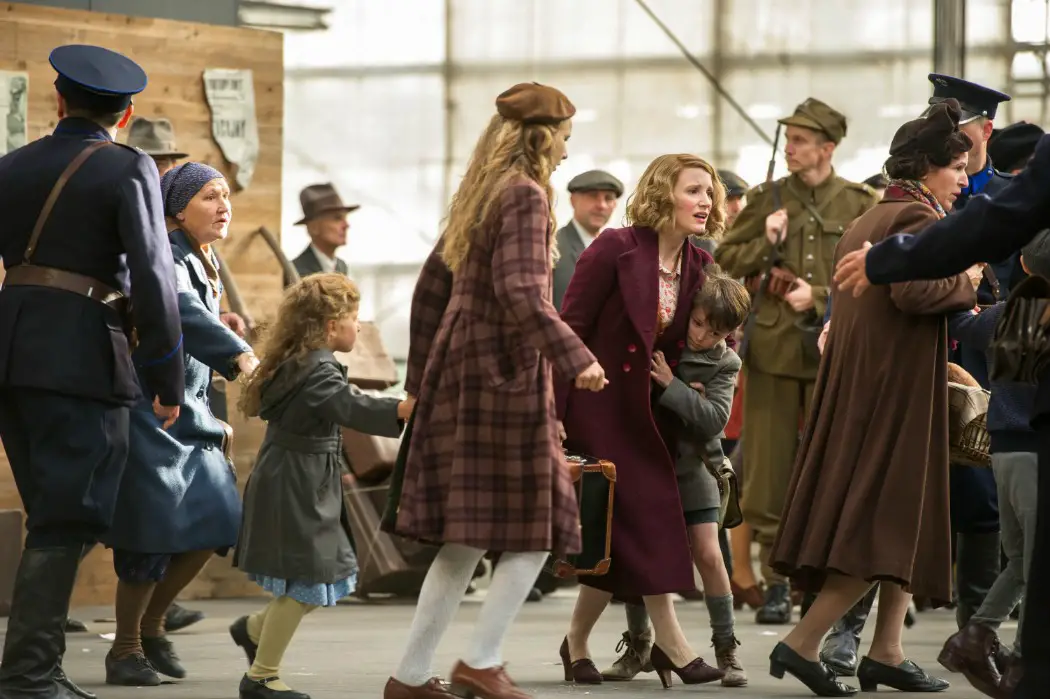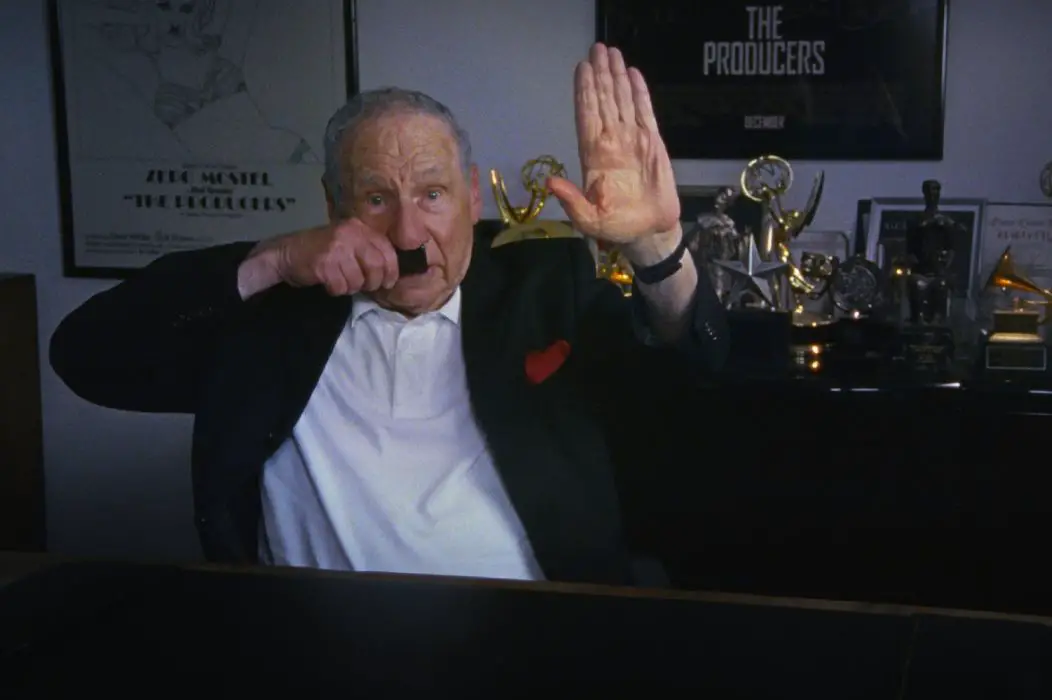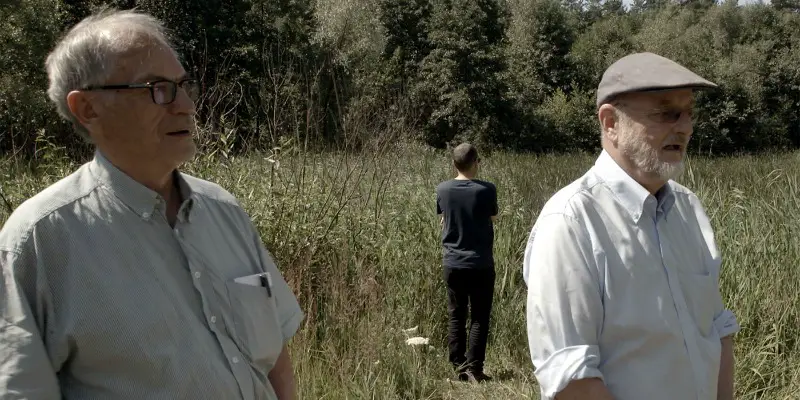holocaust

Many filmmakers have made movies about the Holocaust, yet so few are able to portray the atrocities without either becoming exploitative by staging fictionalised versions of some of the worst scenes in recorded history, or by sanitising the events in order to ensure that audiences aren’t left shocked and devastated. Austrian director Michael Haneke has frequently gone on record to claim that the idea of making a film about the holocaust is “unspeakable”, criticising the way a movie like Schindler’s List emotionally manipulates the audience when the subject matter alone should leave every sane person feeling depressed that something like this happened in recent history. Haneke argues that Steven Spielberg staging a sequence where concentration camp prisoners are marched to the shower and then building suspense from whether or not water will come out of the shower heads is the most offensive kind of exploitation; it trivialises a shocking moment of history in order to create nothing more than an action set piece.
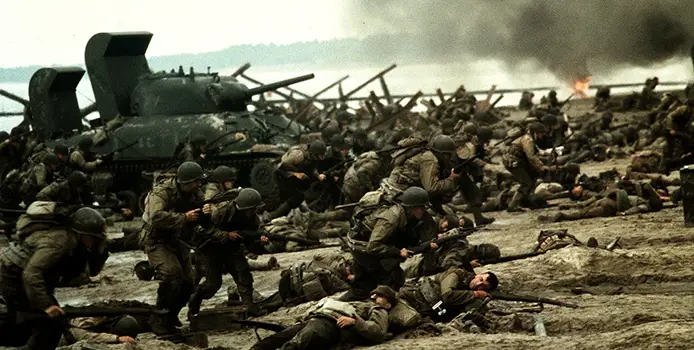
I first saw Steven Spielberg’s Saving Private Ryan in the early 2000s; it was a VHS copy playing on a big old JVC television that had a similar depth to a Toyota Aygo. I have since seen Saving Private Ryan a large number of times, but my reaction to its first 25 minutes remains unchanged, a reaction of shock, recoil and deep admiration for the people who executed this excellent, transformative piece of filmmaking. My knowledge of WW2 was minimal at this time, but I roughly knew the basics.


